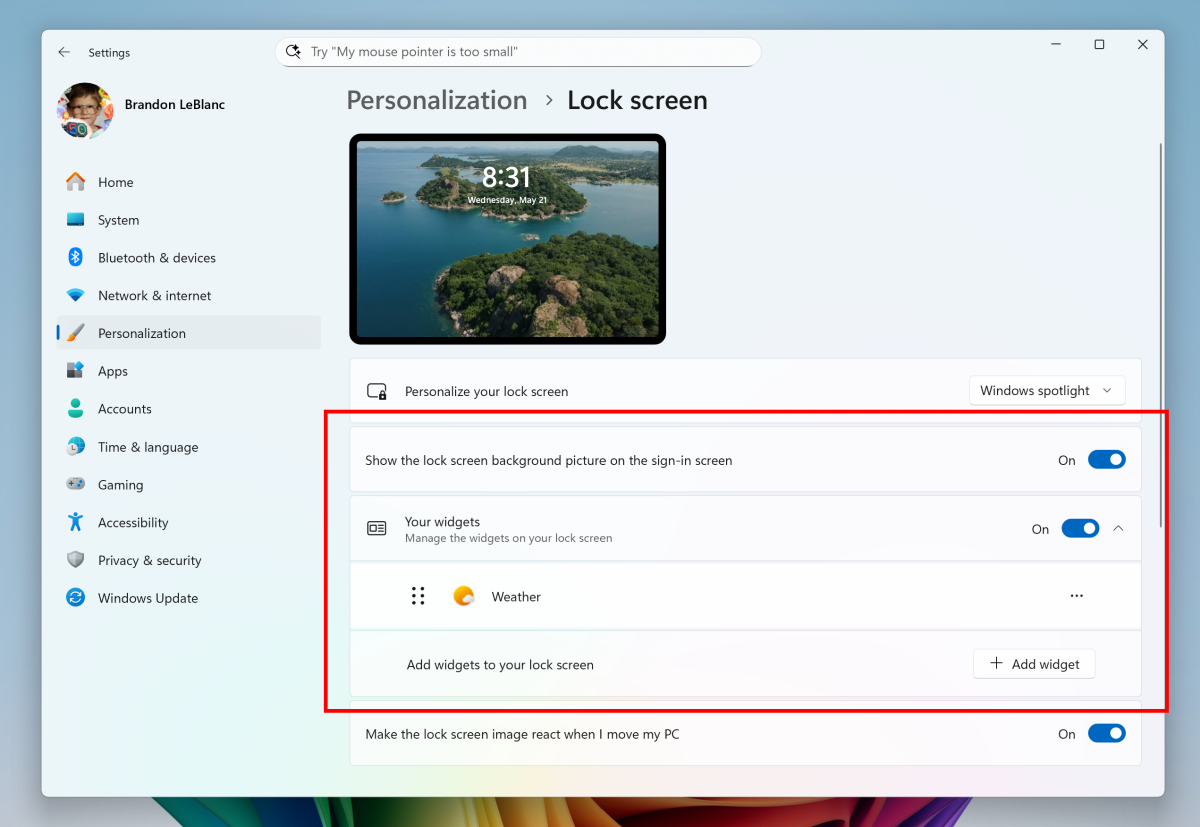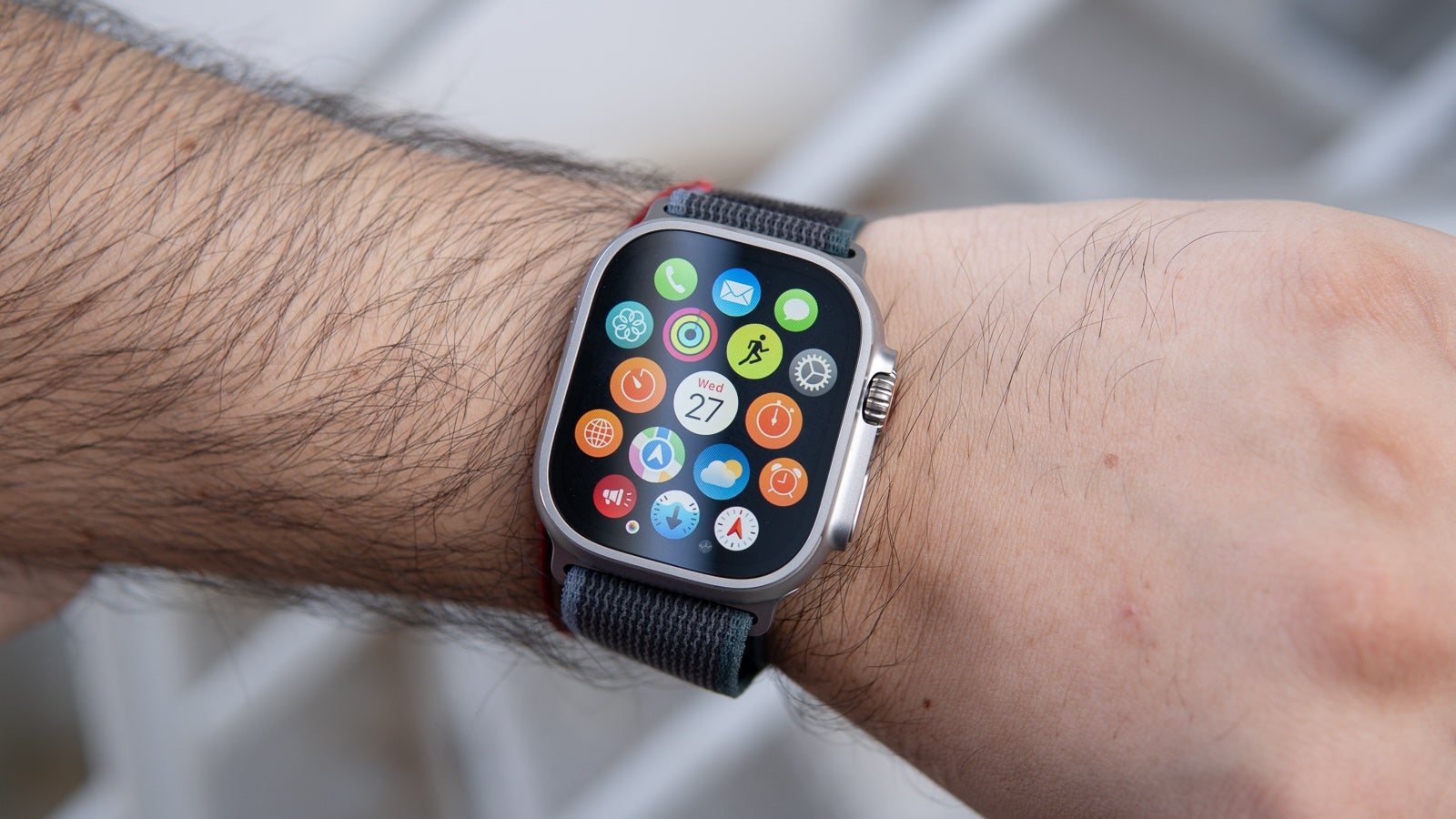Hire Data Scientists to Fuel Next Wave of Martech Innovation
Learn why martech companies need analytical talent to drive customer personalization, predictive analytics, and AI-powered campaigns that deliver measurable ROI in today's competitive digital landscape.

Marketing technology has evolved from simple email automation to sophisticated ecosystems powered by artificial intelligence and machine learning. Companies that hire data scientists for their martech initiatives gain competitive advantages through deeper customer insights and automated decision-making capabilities. The modern marketing stack generates massive amounts of data that require specialized skills to extract meaningful patterns and actionable intelligence.
Recent industry reports show that businesses using data-driven marketing strategies achieve 5-8 times higher ROI compared to traditional approaches. This dramatic performance gap explains why forward-thinking companies prioritize data science expertise in their marketing technology investments. The convergence of marketing creativity and analytical rigor creates unprecedented opportunities for growth and innovation.
The global martech market reached $508 billion in 2024, with data analytics representing the fastest-growing segment. Organizations that hire data scientists early position themselves to capitalize on emerging trends like real-time personalization, predictive customer lifetime value modeling, and automated campaign optimization.
Customer Data Platform Evolution
Modern customer data platforms require sophisticated analytical capabilities to unify disparate data sources and create comprehensive customer profiles. Data scientists bring essential skills in data integration, identity resolution, and behavioral modeling that transform raw customer interactions into strategic business assets.
Personalization at Scale Through Data Science
Mass personalization has become a competitive necessity rather than a luxury feature. Companies that hire data scientists can develop recommendation engines, dynamic content optimization systems, and behavioral trigger campaigns that respond to individual customer preferences in real-time. This level of sophistication requires advanced statistical modeling and machine learning expertise.
The complexity of modern customer journeys demands analytical approaches that traditional marketing teams cannot provide. Data scientists apply clustering algorithms, collaborative filtering, and deep learning techniques to understand customer segments and predict future behaviors with remarkable accuracy.
Netflix's recommendation system demonstrates the power of data science in marketing, driving 80% of viewer engagement through personalized content suggestions. Similar opportunities exist across industries for companies willing to invest in analytical talent and sophisticated martech infrastructure.
Real-Time Decision Making
Data scientists enable marketing teams to make decisions based on live customer behavior rather than historical assumptions. When organizations hire data scientists with martech experience, they can implement systems that adjust campaigns, pricing, and product recommendations instantaneously based on current market conditions.
Predictive Analytics Transforming Campaign Strategy
Traditional marketing relies heavily on intuition and past performance to guide future campaigns. Data scientists bring predictive modeling capabilities that forecast customer behaviors, optimal timing, and channel preferences with statistical confidence. This analytical approach reduces campaign waste and improves conversion rates across all marketing channels.
Predictive analytics helps marketing teams identify high-value prospects before competitors recognize the opportunity. Companies that hire data scientists can build propensity models that score leads based on likelihood to convert, enabling sales teams to prioritize their efforts effectively.
The ability to predict customer churn, lifetime value, and purchase timing gives businesses significant advantages in resource allocation and strategic planning. Data scientists use survival analysis, regression modeling, and ensemble methods to create these predictive capabilities.
Attribution Modeling Revolution
Multi-touch attribution remains one of marketing's most challenging analytical problems. Data scientists apply advanced statistical techniques to understand how different touchpoints contribute to conversions, enabling more accurate budget allocation and campaign optimization decisions.
AI-Powered Marketing Automation
Artificial intelligence has transformed marketing automation from simple rule-based systems to intelligent platforms that learn and adapt continuously. Organizations that hire data scientists can implement machine learning models that optimize email send times, subject lines, and content variations automatically.
Natural language processing capabilities allow data scientists to analyze customer sentiment, extract insights from social media conversations, and generate personalized content at scale. These AI applications require deep technical expertise that traditional marketing professionals typically lack.
Computer vision and image recognition technologies enable new forms of marketing innovation, from visual search capabilities to automated ad creative optimization. Data scientists bridge the gap between cutting-edge AI research and practical marketing applications.
Chatbot Intelligence Enhancement
Conversational AI requires sophisticated natural language understanding and response generation capabilities. When companies hire data scientists with NLP expertise, they can create chatbots that provide genuine value rather than frustrating customer experiences.
Customer Lifetime Value Optimization
Understanding and maximizing customer lifetime value represents one of marketing's most important analytical challenges. Data scientists develop models that predict not just immediate purchase probability, but long-term customer relationships and revenue potential. This strategic perspective transforms how businesses approach acquisition, retention, and expansion strategies.
Cohort analysis, survival modeling, and dynamic pricing strategies all require statistical expertise that data scientists provide. Companies that hire data scientists for CLV optimization typically see 15-25% improvements in customer profitability within the first year of implementation.
The subscription economy has made CLV modeling even more critical, as businesses need to balance acquisition costs with predicted long-term value. Data scientists use advanced techniques like Bayesian modeling and machine learning to create accurate lifetime value predictions.
Retention Strategy Analytics
Data scientists identify early warning signals of customer churn and develop intervention strategies to improve retention rates. Their analytical approaches often reveal non-obvious patterns that traditional business intelligence tools miss completely.
Marketing Mix Modeling for Modern Brands
Traditional marketing mix modeling has evolved to incorporate digital channels, real-time data, and advanced statistical techniques. Data scientists apply econometric modeling, Bayesian inference, and machine learning to understand how different marketing investments interact and influence overall business outcomes.
The complexity of modern media landscapes requires sophisticated analytical approaches to optimize budget allocation across channels. Companies that hire data scientists gain the ability to measure incrementality, understand saturation curves, and identify optimal spending levels for each marketing channel.
Cross-channel measurement and attribution become increasingly important as customer journeys span multiple touchpoints and devices. Data scientists use advanced statistical methods to solve these measurement challenges and provide actionable insights for media planning.
Budget Allocation Optimization
Data scientists develop optimization algorithms that automatically allocate marketing budgets based on predicted ROI, competitive dynamics, and business constraints. This analytical approach often identifies significant opportunities for performance improvement.
Privacy-First Analytics Strategies
Growing privacy regulations and cookie deprecation require new approaches to customer analytics and measurement. Data scientists help marketing teams navigate these challenges by implementing privacy-preserving techniques like differential privacy, federated learning, and synthetic data generation.
First-party data strategies become increasingly important as third-party tracking becomes less reliable. When organizations hire data scientists, they can develop sophisticated identity graphs and customer matching techniques that respect privacy while maintaining analytical capabilities.
Server-side tracking and cookieless measurement require technical expertise that data scientists provide. Their understanding of privacy-preserving analytics ensures marketing teams can continue optimizing campaigns while respecting customer privacy preferences.
Consent Management Analytics
Data scientists analyze consent patterns and develop strategies to maximize opt-in rates while maintaining compliance with privacy regulations. Their analytical insights help marketing teams balance personalization capabilities with privacy requirements.
Building Data-Driven Marketing Organizations
Successfully integrating data science into marketing requires organizational changes beyond just hiring analytical talent. Companies need to establish clear data governance practices, invest in appropriate technology infrastructure, and create collaborative processes between marketing and data science teams.
Change management becomes critical when introducing data science capabilities to traditional marketing organizations. Teams that hire data scientists must also invest in training existing staff and developing new workflows that incorporate analytical insights into decision-making processes.
The most successful martech implementations combine creative marketing expertise with rigorous analytical methods. Data scientists provide the technical foundation, while marketing professionals contribute domain knowledge and strategic context that guide analytical work toward business objectives.
Cross-Functional Collaboration Models
Effective integration requires data scientists to understand marketing objectives while marketing teams develop basic analytical literacy. Organizations that hire data scientists should also invest in cross-training to maximize collaboration effectiveness.
Future Trends Shaping Martech Analytics
Emerging technologies like quantum computing, edge analytics, and advanced AI models will create new opportunities for marketing innovation. Companies that hire data scientists with expertise in these emerging areas will gain early advantages as technologies mature and become commercially viable.
The convergence of marketing technology with customer experience platforms, e-commerce systems, and business intelligence tools requires data scientists who understand complex system integrations and data architecture challenges.
Real-time analytics capabilities will continue expanding, enabling marketers to respond to customer behaviors and market changes with unprecedented speed and precision. Data scientists play crucial roles in developing these real-time analytical capabilities.
Ethical AI and responsible marketing practices will require sophisticated analytical approaches to ensure fairness, transparency, and accountability in automated marketing systems. Organizations that hire data scientists with ethics expertise will navigate these challenges more successfully.
The future of marketing belongs to organizations that successfully combine creative vision with analytical rigor, making data science expertise essential for martech innovation and competitive success.








































































![[The AI Show Episode 149]: Google I/O, Claude 4, White Collar Jobs Automated in 5 Years, Jony Ive Joins OpenAI, and AI’s Impact on the Environment](https://www.marketingaiinstitute.com/hubfs/ep%20149%20cover.png)






























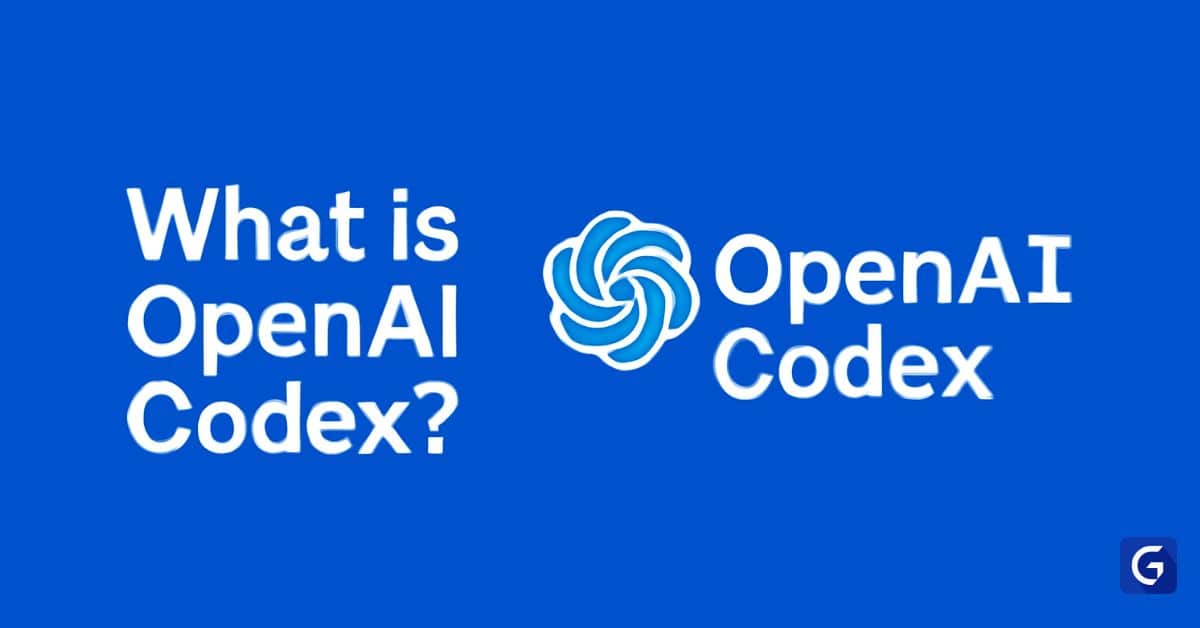






































































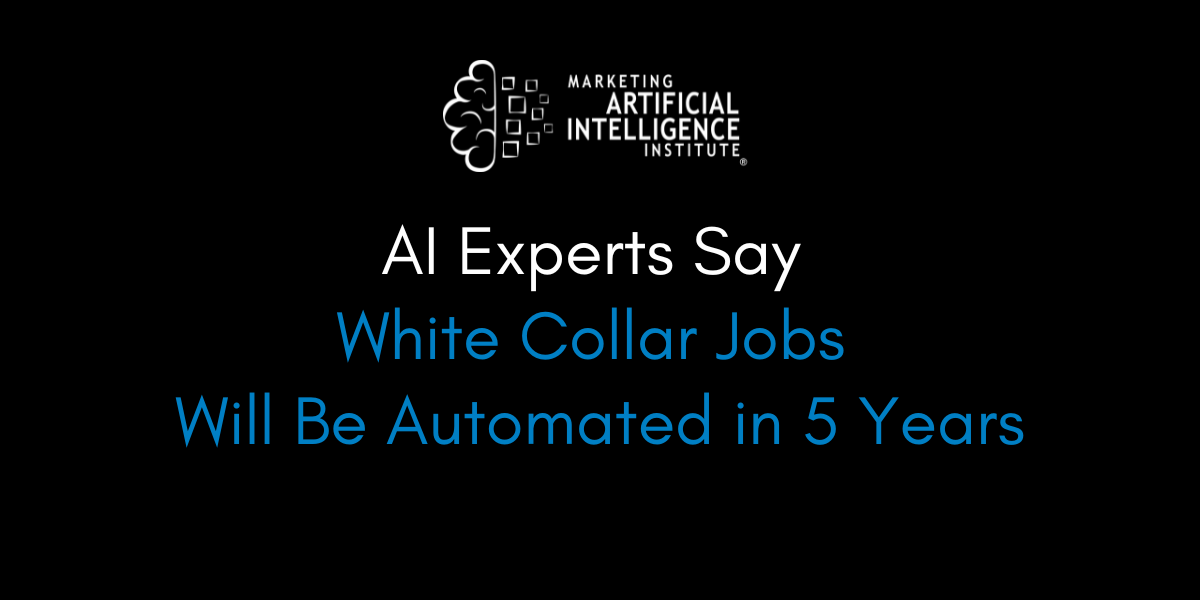































































































































![Laid off but not afraid with X-senior Microsoft Dev MacKevin Fey [Podcast #173]](https://cdn.hashnode.com/res/hashnode/image/upload/v1747965474270/ae29dc33-4231-47b2-afd1-689b3785fb79.png?#)
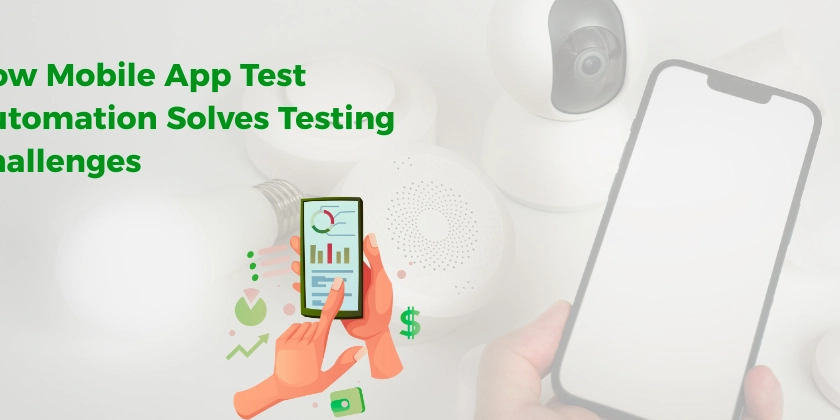










































































































.jpg?#)













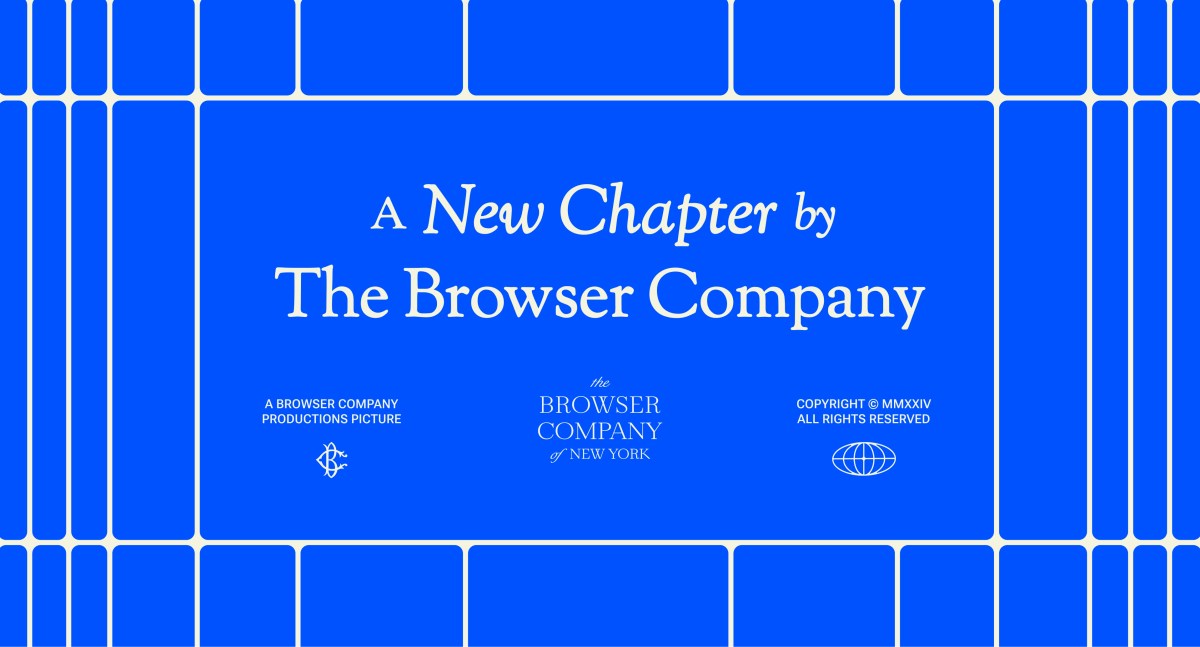











_David_Hall_-Alamy.jpg?width=1280&auto=webp&quality=80&disable=upscale#)
_Andriy_Popov_Alamy_Stock_Photo.jpg?width=1280&auto=webp&quality=80&disable=upscale#)



























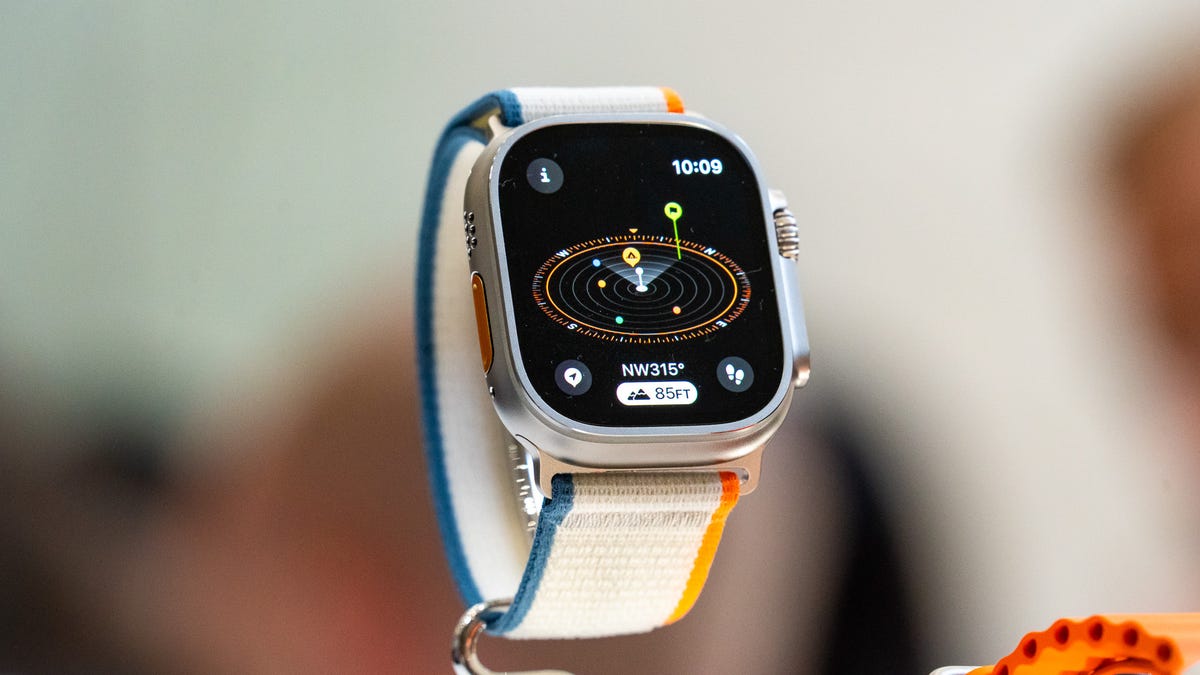




























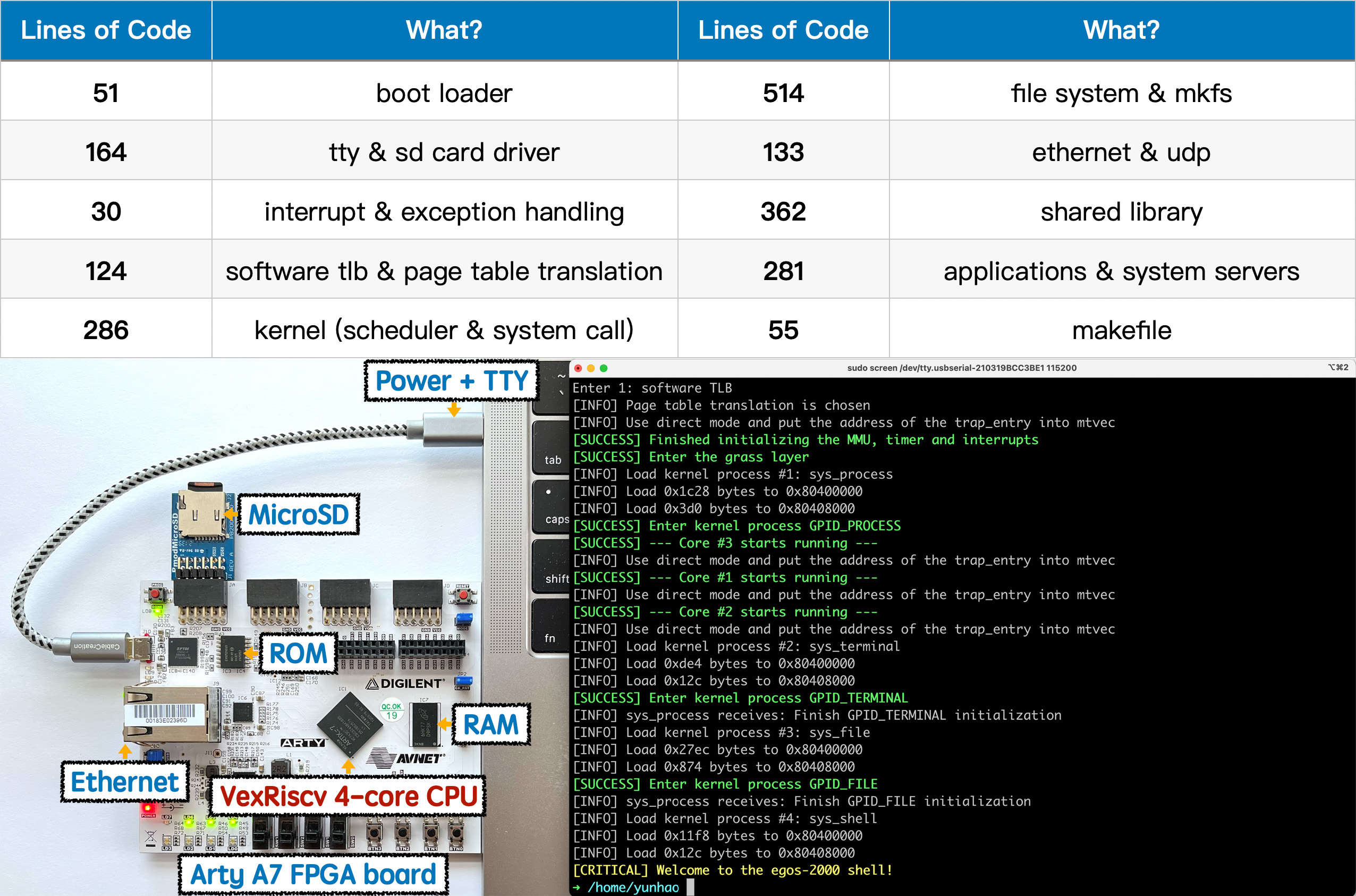

























































![Apple's Secret AI Robot With Expressive Arm Now a Major Focus [Report]](https://www.iclarified.com/images/news/97425/97425/97425-640.jpg)
![Trump Targets Apple After Tim Cook Skips Middle East Trip [Report]](https://www.iclarified.com/images/news/97427/97427/97427-640.jpg)
![Apple to Unveil New 'Solarium' Interface at WWDC [Report]](https://www.iclarified.com/images/news/97422/97422/97422-640.jpg)
![Apple 15-inch M4 MacBook Air On Sale for $1049.99 [Deal]](https://www.iclarified.com/images/news/97419/97419/97419-640.jpg)




















